Shinn Estate Vineyards in the New York Times
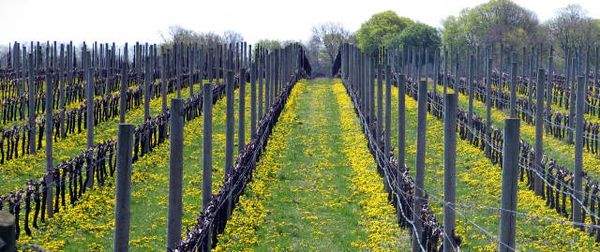
By Lenn Thompson, Editor and Publisher
Eric Asimov, chief wine critic for New York Times, has long been interested in Long Island wine, particularly Long Island merlot. He has previously said that Long Island makes some of the best merlot in America.
In his column this week, he writes about a recent visit to Shinn Estate Vineyards in Mattituck, NY. It's a great piece that I think accurately depicts the winery's place in the Long Island wine world. It will come as no surprise to many of my fellow wine bloggers (the ones who came to TasteCamp anyway) that one of the wines Eric singled out for mention was the 2007 cabernet franc. He also mentions the 2007 cabernet sauvignon and the 2008 Coalesence, which I liked but didn't love.
Perhaps even more interesting was Eric's companion blog post about Long Island merlot, a grape that underwhelmed some during TasteCamp. In the post, he mentions many of the producers I'd put at the top of the heap (and there is a heap of merlot grown and made out here), but two things he said struck me as worthy of mention here:
country that merlot makes a wine of distinctive character."
It's funny, as I read and re-read this line, I came to realize that I probably can't argue for or against this statement. Obviously I enjoy many Long Island merlots, but the fact is, I drink a lot of them, and frequently, and drink very little merlot from other regions in the United States. I can say that I tend to prefer the local wines and do notice characteristics that seem uniquely Long Island, but I don't think I've tasted enough other regions to be sure. Still, Eric's comments fly in the face of what some have said.
exactly what will flourish best there. For now, the more
experimentation, the better."
This just made me smile when I read it. And not because Eric Fry, the winemaker and quote machine from The Lenz Winery is quoted right after saying "I’m being very vocal that I don’t want Long Island to specialize. The market will
tell us what doesn’t work. We already know that zinfandel doesn’t work. For now, let’s have diversity! It’s more fun.’’
No, I smiled because if you read through the quick interviews I did with TasteCamp attendees, particularly the responses to the question "What grape or variety, in general, impressed you the most?" you'll see a few different answers, which certainly supports the idea of diversity. Everything from merlot, to cab franc to chenin blanc to sauvignon blanc to petit verdot was called out by the bloggers. I'd probably throw malbec into the fray as well, although we didn't taste any during TasteCamp.
One grape that was NOT mentioned by bloggers or by Eric Asimov though was chardonnay. Stay tuned for more on that though. I'm working on a post that will explore that grows-anywhere grape.


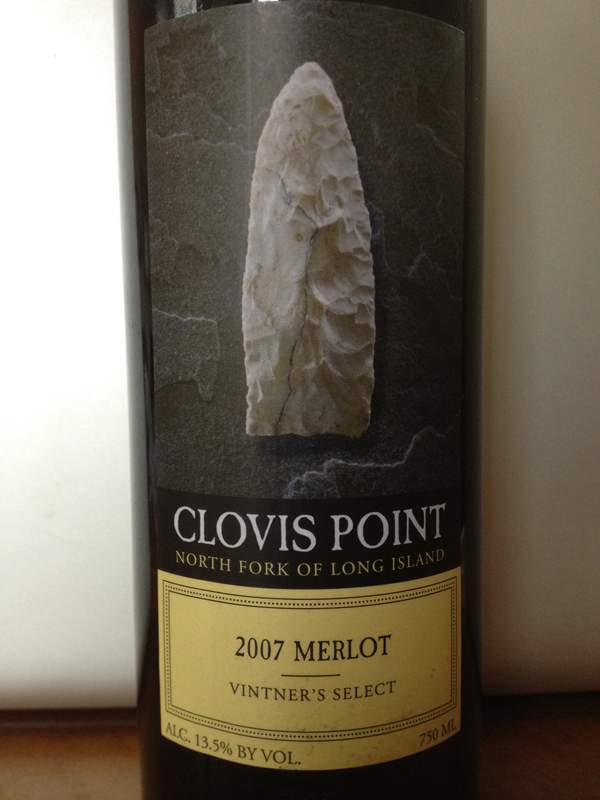


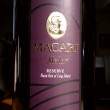
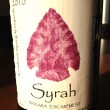

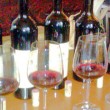
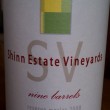

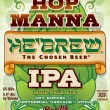

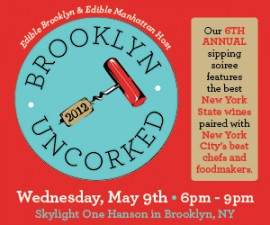

Great to see them get the publicity!
I could not agree with you or Eric more. From my first experience in Long Island Wine Country, Merlot was and is the best suited for Long Island, and there is alot of good merlot to be had here.
For Three weeks in Sepember my wife and I went on our honeymoon to Napa & Sonoma. We tasted Merlot after Merlot with plenty of Pinot and Zin mixed in. I must say that in my on opinon the Merlot I tasted were forgetable. The Zin’s and Pinot stood out.
Long Island, agin in my own opinon have the best Merlots out there. They are all different. I, like you Lenn, tend to stay local, therefore not getting a good taste of Merlots from across the land.
Since September, I have not opend a single bottle of Merlot. Just because it does not do anything for me.
I love and agree what Eric Fry said “…Lets have diversity. It’s more fun!”
Congrats to the fine people at Shinn…Barbara, David, Anthony and everyone one who pitches in over there…
For now I will explore Cab Franc….untill something else tickles my fancy.
kinda makes you wonder how much of that french terrior buisness is really just their superiority complex. I mean, no matter the uniformity of the vineyards, unless all the winemakers agree to produce the same style wine, there will be no regional distinctiveness. This is where I see the MERLIANCE organization as having some value for Long Island as a region. I say the region, as opposed to individual producers, because they usually feel that having a similar product as the other guy is an incentive to the customer to go to the other guy (This view is due to their buisness model, usually selling 80-90% of their wine out of the tasting rooms)…